Description
PHARMACOLOGICAL ACTION
Letrozole is a non-steroidal aromatase inhibitor. It inhibits the aromatase enzyme by competitively binding to the haem of the aromatase cytochrome P450, resulting in a reduction of oestrogen biosynthesis in all tissues where present.
INDICATIONS
Adjuvant treatment of postmenopausal women with hormone receptor positive invasive early breast cancer. – Extended adjuvant treatment of hormone-dependent invasive breast cancer in postmenopausal women who have received prior standard adjuvant tamoxifen therapy for 5 years. – First-line treatment in postmenopausal women with hormone-dependent advanced breast cancer. – Advanced breast cancer after relapse or disease progression, in women with natural or artificially induced postmenopausal endocrine status, who have previously been treated with anti-oestrogens. – Neo-adjuvant treatment of postmenopausal women with hormone receptor positive, HER-2 negative breast cancer where chemotherapy is not suitable and immediate surgery not indicated. Efficacy has not been demonstrated in patients with hormone receptor negative breast cancer.
CONTRA-INDICATIONS
Hypersensitivity to the active substance – Premenopausal endocrine status – Pregnancy – Breast-feeding
WARNINGS
Menopausal status In patients whose menopausal status is unclear, luteinising hormone (LH), follicle-stimulating hormone (FSH) and/or oestradiol levels should be measured before initiating treatment with Letrozole. Only women of postmenopausal endocrine status should receive Letrozole. Hepatic impairment In patients with severe hepatic impairment (Child-Pugh C), systemic exposure and terminal half-life were approximately doubled compared to healthy volunteers. Such patients should therefore be kept under close supervision. Bone effects Letrozole is a potent oestrogen-lowering agent. Women with a history of osteoporosis and/or fractures, or who are at increased risk of osteoporosis, should have their bone mineral density formally assessed prior to the commencement of adjuvant and extended adjuvant treatment and monitored during and following treatment with letrozole. Treatment or prophylaxis for osteoporosis should be initiated as appropriate and carefully monitored. In the adjuvant setting a sequential treatment schedule (letrozole 2 years followed by tamoxifen 3 years) could also be considered depending on the patient`s safety profile. Other warnings Co-administration of Letrozole with tamoxifen, other anti-oestrogens or oestrogen-containing therapies should be avoided as these substances may diminish the pharmacological action of letrozole.
DOSAGE AND DIRECTIONS FOR USE
The recommended dose of letrozole is 2.5 mg once daily. No dose adjustment is required for elderly patients. In patients with advanced or metastatic breast cancer, treatment with letrozole should continue until tumour progression is evident. Paediatric population Letrozole is not recommended for use in children and adolescents. The safety and efficacy of Letrozole in children and adolescents aged up to 17 years have not been established. Limited data are available andno recommendation on a posology can be made.
SIDE-EFFECTS AND SPECIAL PRECAUTIONS
The frequencies of adverse reactions for letrozole are mainly based on data collected from clinical trials. Up to approximately one third of the patients treated with letrozole in the metastatic setting and approximately 80% of the patients in the adjuvant setting as well as in the extended adjuvant setting experienced adverse reactions. The majority of the adverse reactions occurred during the first few weeks of treatment. The most frequently reported adverse reactions in clinical studies were hot flushes, hypercholesterolaemia, arthralgia, fatigue, increased sweating and nausea. Important additional adverse reactions that may occur with letrozole are: skeletal events such as osteoporosis and/or bone fractures and cardiovascular events (including cerebrovascular and thromboembolic events) Cardiac adverse reactions In the adjuvant setting, the following adverse events were reported for letrozole and tamoxifen, respectively (at median treatment duration of 60 months plus 30 days): angina requiring surgery (1.0% vs. 1.0%); cardiac failure (1.1% vs. 0.6%); hypertension (5.6% vs. 5.7%); cerebrovascular accident/transient ischaemic attack (2.1% vs. 1.9%). In the extended adjuvant setting for letrozole (median duration of treatment 5 years) and placebo (median duration of treatment 3 years), respectively: angina requiring surgery (0.8% vs. 0.6%); new or worsening angina (1.4% vs. 1.0%); myocardial infarction (1.0% vs. 0.7%); thromboembolic event (0.9% vs. 0.3%); stroke/transient ischaemic attack (1.5% vs. 0.8%) were reported.
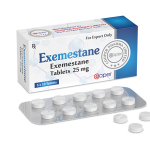
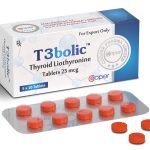
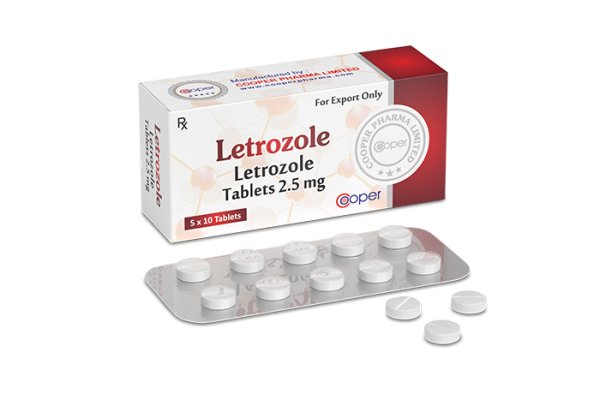
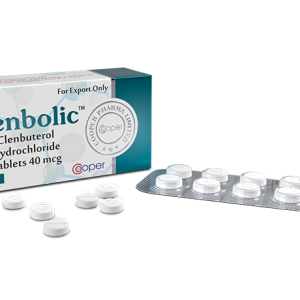
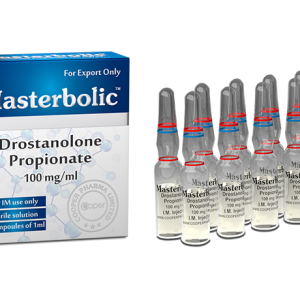
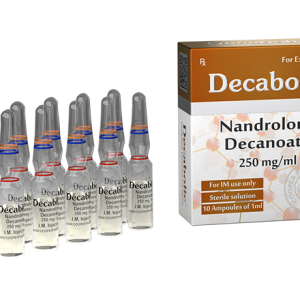
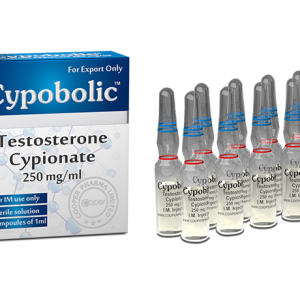
Reviews
There are no reviews yet.